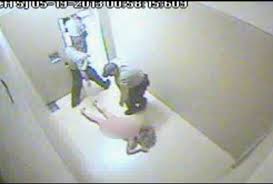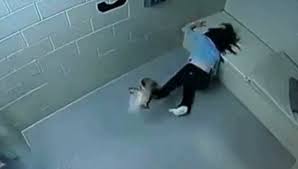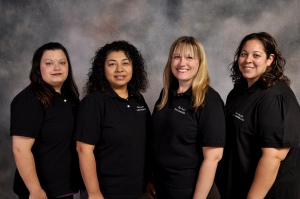
Three Illinois state agencies are working to establish rules for patient ID cards and policies and procedures for dispensaries.
The Medical Cannabis Pilot Program (“MCPP”)[i] is one of the most discussed new 2014 laws in Illinois. What people should know is that despite the law taking effect January 1, it will be some time before people who qualify for medical marijuana will be able to obtain their medicine. The debate about medical marijuana has Americans talking. Some high-profile leaders are changing their minds with many Americans and residents of Illinois who find medical cannabis a worthy alternative to traditional pharmaceuticals and traditional Western medical treatments of certain conditions. Washington and Colorado went further and legalized marijuana beyond a medical treatment and residents may use marijuana for recreational use. Because opinions and what is known about marijuana for medicine or recreation, Illinois law makers voted to approve a somewhat restrictive and detailed pilot program and it will take some time to answer questions and approve policies and procedures for the new law.
Three Illinois state agencies are working to establish rules for patient ID cards and policies and procedures for dispensaries.
The Illinois Department of Public Health (“DPH”) is the agency writing administrative rules for the new program. DPH wants Illinois residents to understand the WARNING: “The State of Illinois is warning that it will not be legal for anyone to grow, offer to provide, or to possess, medical cannabis until licenses have been issued and the program is up and running.[ii]” Among its responsibilities, DPH is considering additional medical conditions to the list of many contained in a published analysis of the law on the Marijuana Policy Project (“MPP”)[iii]. Here is a link to An Overview of Illinois’ Medical Marijuana Law. Interested Illinois residents may click here with comments and suggestions about the pilot program.
The concept of the new law being a pilot program is also well-explained in the overview. “Why is it called a “pilot program?” MPP answers, “The law was created with a “sunset” provision, meaning that if the legislature does not review the program or create a new law, the program will cease to operate four years from the date it goes into effect.[iv]” As Illinois State agencies implement the new law its future existence is not certain. People who want to operate dispensaries and participate in the program should take their civic duties seriously and communicating with elected representatives, especially through easy contact forms on their websites, is certainly a good idea.
Be careful not to break the law when seeking to become a medical cannabis dispensary.
The Illinois Department of Financial and Professional Regulation (“IDFPR”) is the Illinois agency that manages the licensing and regulation of professionals including physicians. Doctors interested in applying to operate legal dispensary operations must obey strict rules. A recent news release on the IDFPR website, titled, “State Urges Caution towards Medical Cannabis Clinics,” mentions a formal complaint filed against a Chicago doctor, “The complaint alleges that on the day Dr. Murray opened the ‘Good Intentions’ clinic, he and a coworker were offering potential patients ‘pre-approval’ to obtain medical cannabis if they paid a $99 registration fee. Under the Medical Practice Act, such conduct is unprofessional as it is misleading.[v]” A physician could lose their license to practice medicine in the State of Illinois for breaking the new law.
The Illinois Department of Agriculture is the third agency working to implement the new law. Their responsibilities include the regulation of the medical cannabis cultivation facilities. Working with the IDFPR, the Department of Agriculture will work to ensure the medical cannabis growers are in compliance with rules and regulations of growing medical marijuana for the dispensaries. The Department of Agriculture also has a link to their resources regarding the law and their role in regulating cultivation centers.
How can the Fox Valley Law Center help with the new medical marijuana law?
Fox Valley Law Center attorneys receive a high volume of inquiries about the new law. From the would be patients of clinics to people wondering about possessing marijuana, to the attorneys who assist physicians who want to incorporate dispensary clinics in their practices, we can help answer your questions and keep everyone in compliance with the law. To talk to an attorney, please call and make an appointment at the Fox Valley Law Center by dialing 630-236-2222 or simply stop in and see us at our office conveniently located at the second floor of the Westfield Fox Valley Mall in Aurora. We are here during mall hours. You can also learn more about our firm when you “Like” us on Facebook and “Follow” us on Twitter!







